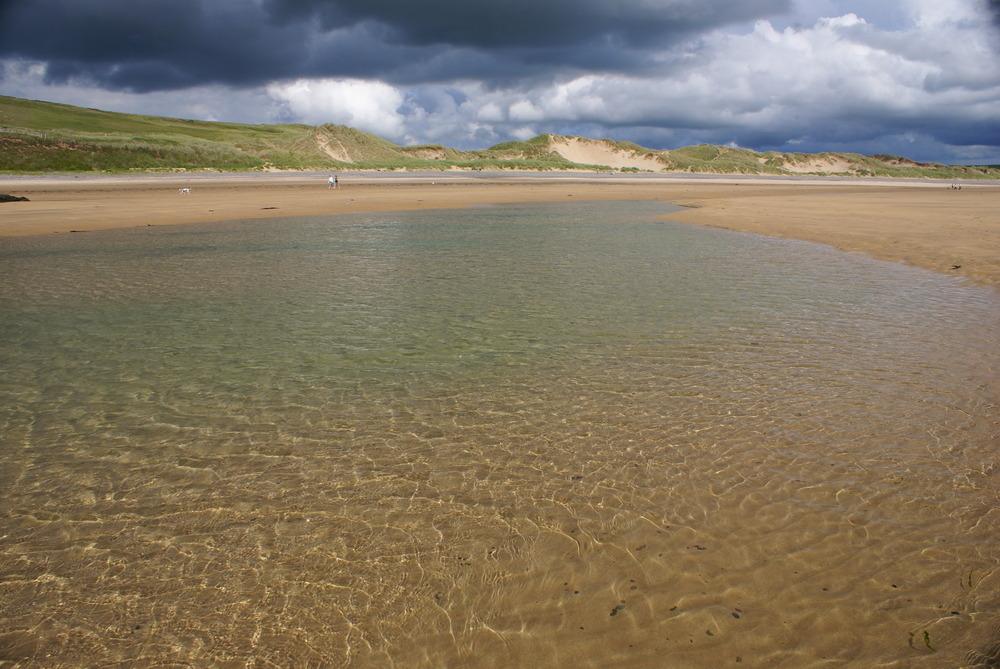Cool Place of the Day: The Submerged Forests of West Wales
Every day, a new place to discover or explore from coolplaces.co.uk

Your support helps us to tell the story
From reproductive rights to climate change to Big Tech, The Independent is on the ground when the story is developing. Whether it's investigating the financials of Elon Musk's pro-Trump PAC or producing our latest documentary, 'The A Word', which shines a light on the American women fighting for reproductive rights, we know how important it is to parse out the facts from the messaging.
At such a critical moment in US history, we need reporters on the ground. Your donation allows us to keep sending journalists to speak to both sides of the story.
The Independent is trusted by Americans across the entire political spectrum. And unlike many other quality news outlets, we choose not to lock Americans out of our reporting and analysis with paywalls. We believe quality journalism should be available to everyone, paid for by those who can afford it.
Your support makes all the difference.Autumn sees the biggest tides of the year around the Welsh coast – something complex to do with the Equinox and the tidal pull of the Moon.
What’s not so complex is what will be revealed at low tide – the drowned forests of West Wales: submerged forests that can be seen at various beaches such as Freshwater West and Borth on very low tides and especially after a storm, when the sand that usually covers them will have been washed away.
They’re the remains of a 6,000-year-old forest that was gradually submerged as sea level rose at the end of the last glaciation. Much of the wood has turned to peat, although very obvious tree stumps can be seen and the occasional fossils turns up, such as an auroch skull at Whitesands, around 20 years ago (an auroch is an extinct type of cattle); even more impressive, the preserved footprints of animals and cattle have been discovered at Borth.
The local folk tale of the Cantre'r Gwaelod (or Lowland Hundred in English) relates to this submerged forest. The Cantre’r Gwaelod was a sunken kingdom said to have existed in what is now Cardigan Bay. It was defended from the sea by a dyke, complete with sluice-gates, managed by one Seithennin, who neglected his duties one night after a drop too much to drink, and allowed the sea to pour in and drown the land.
Cool Places is a website from the creators of Rough Guides and Cool Camping, suggesting the best places to stay, eat, drink and shop in Britain (coolplaces.co.uk)
Join our commenting forum
Join thought-provoking conversations, follow other Independent readers and see their replies
Comments